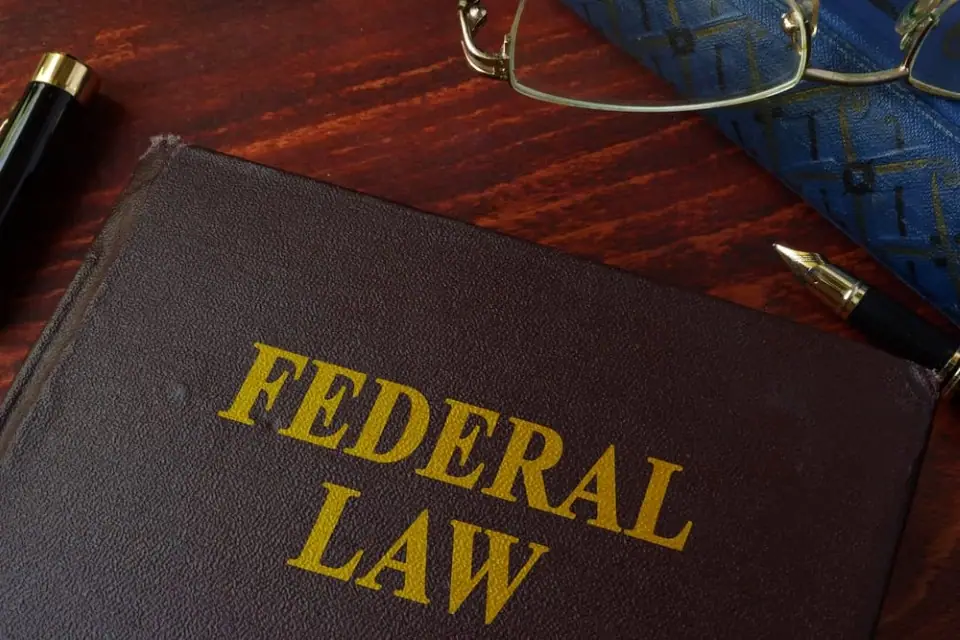In the complex realm of criminal law, understanding the distinction between state and federal jurisdictions is crucial. Each has its own set of laws, procedures, and authorities, which can significantly impact the outcomes of legal cases. In this article, we’ll explore the key differences between state and federal criminal law to help you navigate this intricate legal landscape.
State Criminal Law: A Local Focus
State criminal law primarily deals with offenses committed within a specific state’s borders. Each state, and in some cases, even local jurisdictions within the state, has its own criminal code and legal processes. Here’s a closer look at what distinguishes state criminal law:
- Jurisdiction and Territory: State criminal law applies only within the boundaries of the respective state. Offenses committed within that state’s borders fall under state jurisdiction.
- Offenses and Penalties: State laws cover a broad range of criminal offenses, including theft, assault, robbery, and drug-related crimes. Penalties vary from state to state, with some being more lenient or stringent than others for the same offense.
- Law Enforcement: State law enforcement agencies, such as state police and county sheriff’s departments, are responsible for investigating and enforcing state criminal laws.
- Courts and Prosecution: State courts handle cases involving state law violations. District attorneys or prosecutors appointed by the state government are responsible for prosecuting these cases.
- Jury Selection: Jury selection processes are determined by state laws, and they can vary significantly from one state to another.
Federal Criminal Law: A National Perspective
Federal criminal law, on the other hand, deals with offenses that violate laws established at the national level. This includes crimes that cross state lines, occur on federal property, or involve federal agencies. Here’s an overview of federal criminal law:
- Jurisdiction and Territory: Federal criminal law extends across the entire United States. It deals with crimes that involve federal interests, such as terrorism, immigration violations, and drug trafficking across state lines.
- Offenses and Penalties: Federal law covers a specific set of offenses, including federal tax evasion, immigration offenses, and federal drug trafficking. Penalties for federal crimes are often more severe than those for state offenses.
- Law Enforcement: Federal law enforcement agencies like the FBI, DEA, and ATF are responsible for investigating and enforcing federal criminal laws.
- Courts and Prosecution: Federal courts, including district courts and appellate courts, hear cases related to federal criminal offenses. U.S. Attorneys, appointed by the President, are responsible for prosecuting federal cases.
- Jury Selection: Federal courts have their own jury selection procedures, which differ from state courts.
1. Can a Crime Be Charged Both at the State and Federal Levels?
Yes, in some cases, certain crimes can be charged at both the state and federal levels. This is known as “dual sovereignty.” For example, if a crime violates both state and federal laws, a defendant may face charges in both jurisdictions.
2. What Determines Whether a Case Is Prosecuted at the State or Federal Level?
The decision is typically based on the nature of the offense and its jurisdiction. If an offense violates state law and occurs within the state’s boundaries, it’s usually prosecuted at the state level. Federal crimes, on the other hand, are prosecuted when they involve federal interests or cross state lines.
3. Are Penalties More Severe at the Federal Level?
Generally, federal penalties are harsher than state penalties for similar offenses. Federal crimes often carry longer prison sentences, larger fines, and less room for parole or probation.
4. Can an Attorney Represent Clients in Both State and Federal Courts?
Yes, an attorney can represent clients in both state and federal courts. However, they must be licensed to practice in both jurisdictions and have a thorough understanding of the differences in the legal systems.
5. Can Double Jeopardy Apply in State and Federal Cases?
Double jeopardy, the principle that prevents a person from being tried twice for the same offense, doesn’t apply between state and federal cases due to the dual sovereignty doctrine. Even if a defendant is acquitted in a state court, they can still be prosecuted in federal court for the same offense.
Conclusion
Understanding the distinctions between state and federal criminal law is essential for anyone navigating the legal system. State law governs offenses within a specific state’s borders, while federal law handles cases of national interest or crimes that cross state lines. These differences in jurisdiction, offenses, penalties, and procedures can significantly impact the outcome of a case. Knowing where a case falls—state or federal—is the first step in building an effective legal defense or pursuing justice within the United States’ intricate legal landscape.







